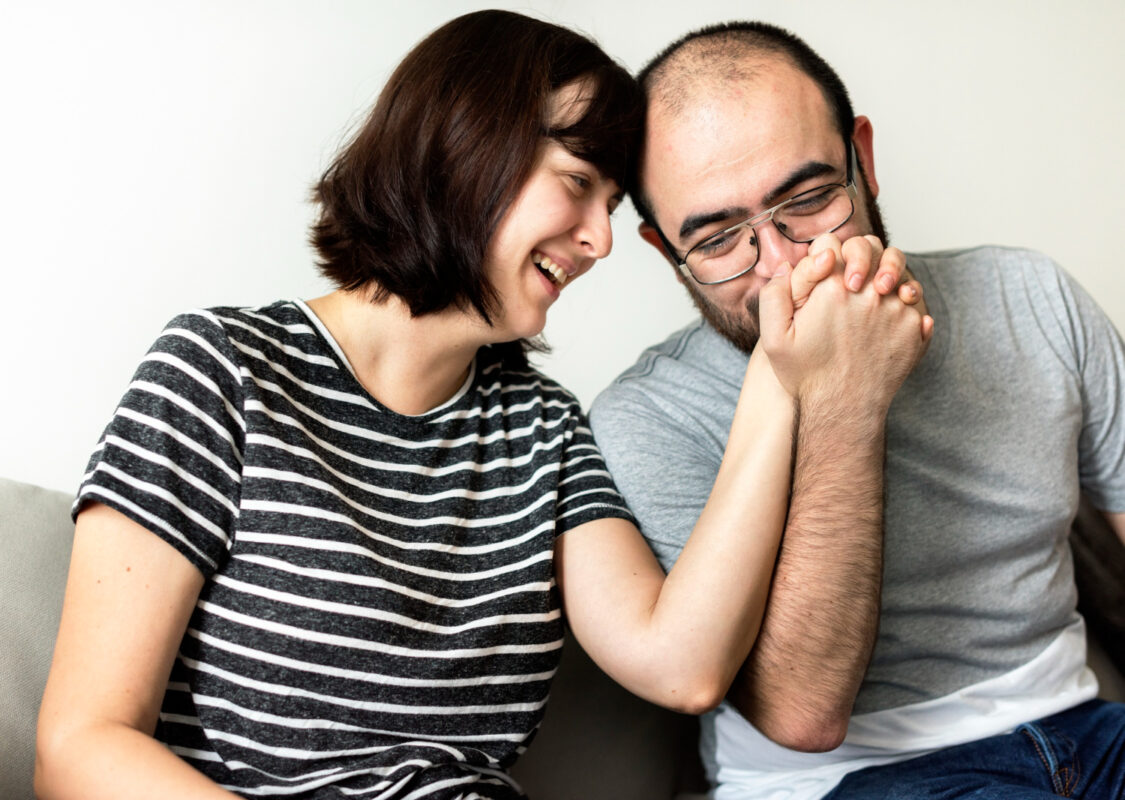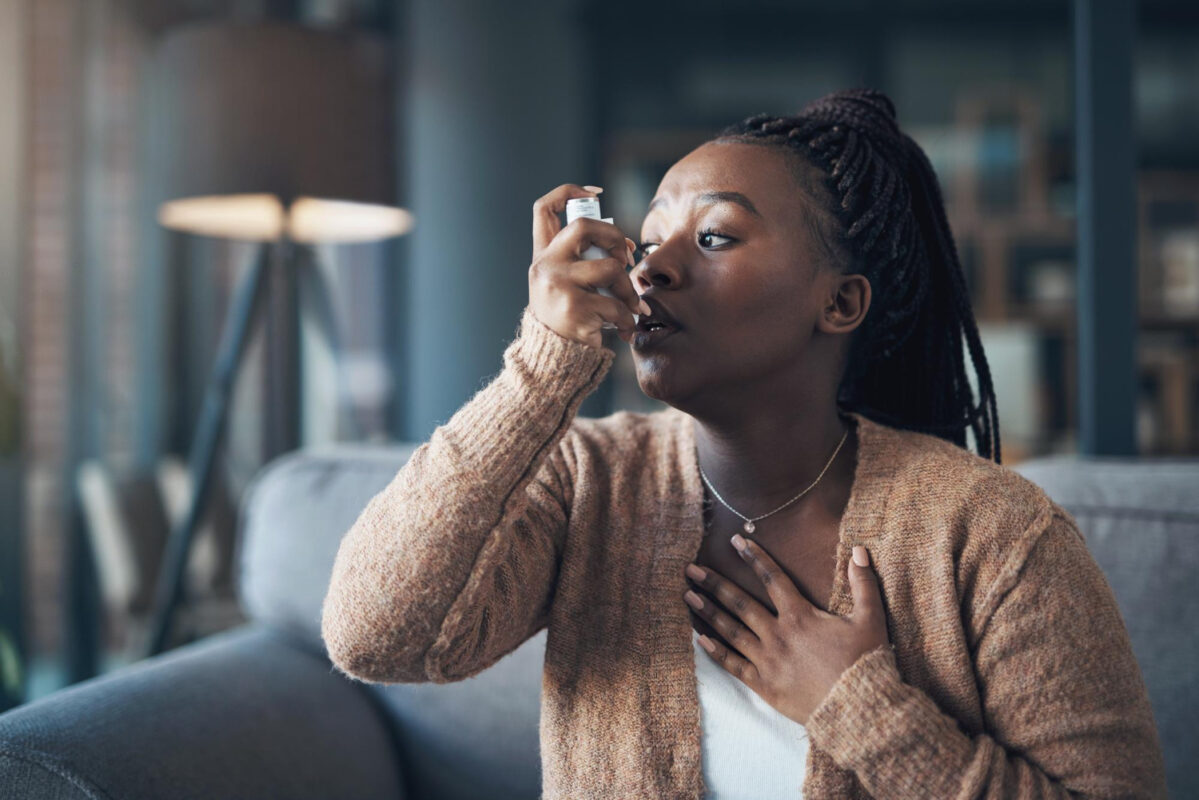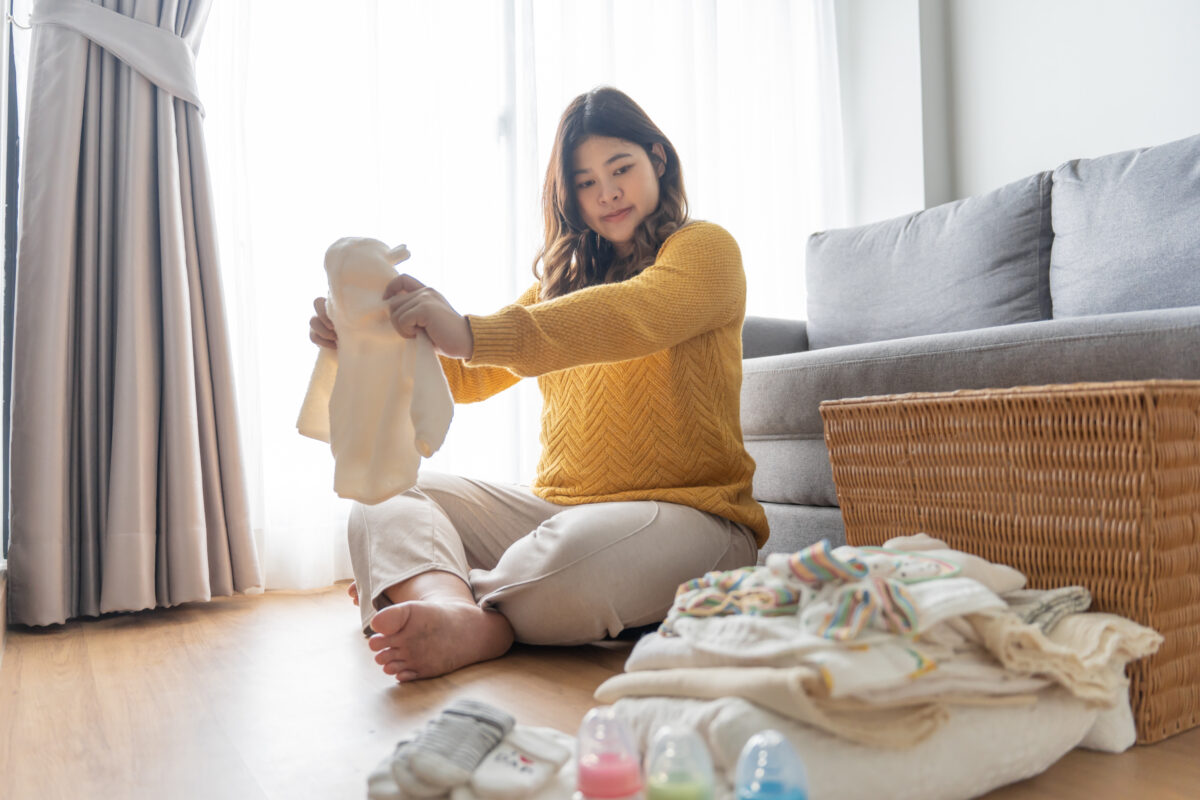Accompanying someone you love during an assisted reproduction treatment can be a transformative and deeply intimate experience. And although it is true that many of the interventions fall on the woman’s body, that does not mean that the man cannot find a leading role during the process. It is their presence, their care and their way of being and adding actions in favor of nurturing the dream of having a baby.
And although there is not just one way to accompany. Yes, there are many ways to be present, to contribute to calm, well-being and connection as a couple during a time that can be overwhelming on different levels: physical, emotional, relational.
Those who are on the other side – accompanying – also go through questions, fears, silences, and often do not know for sure what to do or how to help. This text was written for them with some realistic and affectionate suggestions on how to accompany during fertility treatment. Some ideas are practical, others emotional, others more symbolic. All of them can be useful and can be adapted to each couple dynamic.
Inform yourself to better understand

Reading about the treatment they are going through – whether it is in vitro fertilization, egg donation or any other technique – not only helps to understand what is happening in the couple’s body, it also helps to anticipate situations and recognize certain symptoms without being alarmed. That generates more trust in communication and fewer misunderstandings.
Some recommended materials that seriously address the physical and emotional impact of these processes are:
- “The Challenge of Fertility” by Ana Miramontes (Editorial Plataforma): written from the experience of a woman who went through several treatments.
- Podcast “Parenting for Adults”, by psychologist Diana Al Azem: several episodes talk about the emotional bond in the search stage.
- Podcast “Entrelazadas”, from the Latin American Fertility Network, where medical and emotional issues in couples are addressed with accessible language.
Knowing helps. But even more, it shows real interest in accompanying from an active place.
Physical Care
Physical discomfort can vary from treatment to treatment, but often includes swelling, breast tenderness, cramping, fatigue, or skin changes. There are simple ways to alleviate these discomforts through mutual care:
- Massages with essential oils such as lavender, chamomile or geranium can be comforting, especially in the lower back or legs.
- Applying rosehip or sweet almond oil to areas where the skin has become dry helps maintain comfort.
- Preparing a quiet space at home, with dim light and soft music, can make it easier to rest after an intense day.
It is not about being an expert in well-being, but about observing, asking questions and offering relief from everyday life.
Inhabiting the wait together
In these processes there are many pauses: cycles that stop, waiting for results, times between consultations. Taking advantage of those moments to reconnect as a couple can be a way to protect the bond. Reading a book together, watching a movie that generates laughter or tenderness, taking short walks, or simply being silent can strengthen the emotional bond without having to talk about treatment all the time.
Some books on fatherhood that invite us to reflect from a closer and more sensitive place:
- “Papá eat sano”, by Juan Llorca and Melisa Gómez: a look at child feeding from the paternal role.
- “The Child’s Brain”, by Daniel J. Siegel and Tina Payne Bryson: a useful read to understand how to accompany emotionally from day one.
Taking charge of everyday life is also accompanying
During treatment, there are days when simply taking care of a procedure can be a great relief. Transforming daily tasks into gestures of care can be meaningful for the couple and a habit that finds its own way of expressing itself within the particular dynamics of each couple.
A hot tea, a blanket, a message in the middle of the day asking are ways of saying “here I am” without having to say it.
Taking care of yourself, too
Accompanying does not mean forgetting. Men also experience emotions such as fear, frustration, anxiety. Looking for spaces to talk about it, share what is happening to them and ask for help if they need it does not make them weaker or less involved. On the contrary, it allows them to sustain from a healthier place.
Companion encounters or just heart-to-heart chats with other men who have walked this path can offer real contention. Talking about the expectations of the procedure, what both expect from the other, and the emotions they experience in addition to a healthy practice, contributes to having clarity on how to proceed within the relationship during this process. Fertivida accompanies couples from a comprehensive perspective, which includes both the physical and the emotional. We know that each story is unique, and that is why we understand that accompaniment is not based on formulas, but on presence, disposition and affection. Because there is not just one way to be, but there are many ways to be part of the process.





